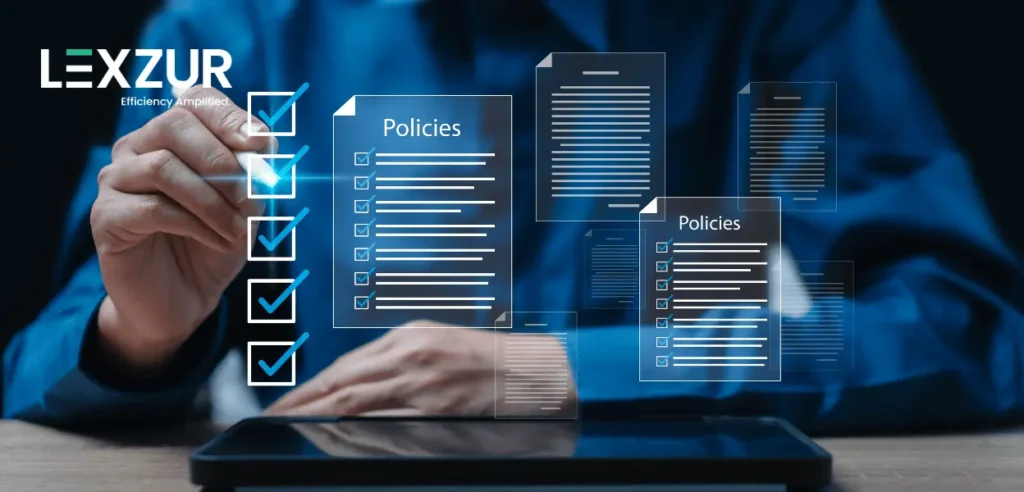Law Firm Billing: Challenges and Best Practices for Easier, More Efficient Legal Billing
Legal Billing is crucial to law firms of all sizes. And no doubt that law firm billing, including billing clients and chasing down payments, is one of the most repetitive and time-consuming parts of any legal practitioner’s day.
Most legal practitioners record only three billable hours per day on average, with the leftovers of their workday going towards a wide array of non-billable work. This often includes billing-related tasks like reviewing and sending invoices, processing payments and updating trust account logs.
Traditional Legal billing process law firms use
The billing process looks the same among most law firms; the legal firm onboards a new client, creates their legal matters portfolio and logs the billing time, fees, and expenses throughout the case. At the end of the case, the finance team counts all bills and expenses and drafts a bill for the client to pay. Lawyers add notes, adjust costs as needed, and approve the bill throughout the case. The final version of these bills is created and sent to the client to proceed with the payment, where clients choose the suitable payment method, whether it’s cash or bank transfer.
Legal billing challenges for Law Firms
Law firms regularly face many challenges when they fail to enforce efficient time tracking and invoicing systems into their law firm billing process. Regrettably, these challenges are ubiquitous and can badly affect law firms of any size. This is due to law firms having many moving parts that have to deal with the stress of meeting multiple client demands while also focusing on repetitive administrative tasks, like; tracking billable hours, sending or receiving invoices, tracking down late payments, setting reminders etc. These everyday tasks require more time and effort than they should because firms are using antiquated methods to accomplish daily tasks. Even if the firm can recognise their issue, they fail to address the problem and the toll is subsequently taken out on their legal proceedings. There is plenty of room for bottlenecks and wasted time and costs. Specifically, attorneys taking too long to approve bills, or adding too many edits cause a delay in bills getting sent out.
Best Legal billing software for law firms
Legal billing software is a must for legal professionals. The legal industry is built on the billable hours’ concept, so having a comprehensive and easy-to-use legal billing software to control and manage the working hours is a must. The legal billing system tracks the billable hours and comes with advanced invoicing and communication features that facilitate collaboration between parties.

Why must law firms use a Legal Billing System?
The legal billing system is crucial to running a well-operational law firm. Advanced legal billing systems combined with other law practice management features make it a must for modern law firms. Legal billing solutions work as a single source for all related billing procedures, and the unification of the entire billing information and records is key to its effectiveness. Legal billing systems offer advanced time-tracking capabilities, so legal professionals can easily track their time.
Boost Efficiency
Legal billing systems make legal practitioners and law firms more efficient in managing the entire billing process. There are repeated spats between law firms and their clients concerning the billable work achieved – these disputes are costly. Legal billing systems keep a secure record of all related billed actions and movements so that everyone can get back to it in case any dispute arises.
Secure and Painless Billing
Legal practitioners have many activities during their workday, so removing the burden of administrative tasks is a great way to get more billable tasks done. By transforming and automating legal billing and time tracking, lawyers can focus on what matters, practising law.
Process payments anytime, from anywhere
Mobile is becoming essential in every industry, and the legal industry is not an exception. Lexzur makes it easy for lawyers to raise invoices, record payments, manage receivables, track activities, and get paid faster.
Lexzur: The Best Legal Billing System for Law Firms
Time Tracking
A key feature of the legal billing system is time tracking, which makes it easy for law firms to track lawyers’ hours in real-time and convert these hours to client fees with ease.
Flexible Billing
It makes it easy for users to adjust billing rates as they see fit. Users can switch between standard rates, special rates for individual clients, different rates for different attorneys, retainers, split fees, and contingency billing.
Invoicing capabilities
Law firms can use invoicing capabilities to create and submit invoices to their clients. The electronic dispatch of legal invoices is a killer feature that boosts efficiency where law firms can ensure their timely payment.
Permission Restrictions
There are varying layers of confidentiality, so there should be different layers of information accessibility. The legal billing module contains permission controls, where admins can choose who can access what.
Accounting Capabilities
Lexzur legal billing module makes it easy for law firms to manage and control all money transactions. All activities can be tracked in the built-in money module that tracks accounts, bills, expenses, invoices, statements, reports, etc.
Advanced Reports
Lexzur offers detailed reporting abilities. Reports on everything from receipt allocation and timekeeper and client productivity to category profitability can be presented.












Leave a Comment